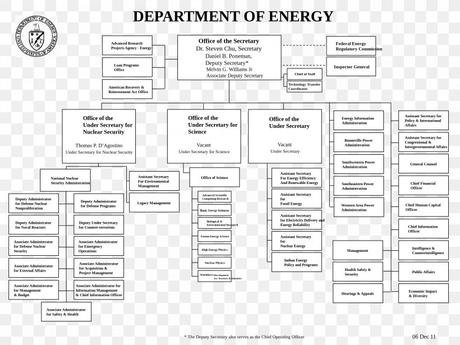
Philosophy has well-developed theories about the foundations of government — the moral principles that underlie the legitimacy of government; the nature of rights and duties of citizens; the limits of government authority; and so on for a large number of issues. These debates take place within social and political philosophy, a field whose lineage extends back to the ancient Greek philosophers, through Hobbes, Locke, Rousseau, Kant, Hegel, Marx, and Mill, and into the twentieth century in the writings of people like Rawls, Habermas, van Parijs, and Nozick.
What does not yet exist is a discipline that treats the workings of government itself as a philosophical subject. This field could be called “the philosophy of public administration.” This subject matter invites us to focus on the “social ontology” of government — the mechanisms of governments as concrete human institutions and the logic of interaction that these constituents produce. How do governments, as extended social entities, perform the functions we attribute to them — knowledge gathering, belief formation, policy and priority setting, legislation, regulation, and enforcement? Governments are not unified entities; they are extended networks of agencies, organizations, alliances, interests, and actors, and it is worth careful philosophical investigation to consider how this kind of entity can be purposive, intentional, and calculating. A philosophical reflection on these questions would focus on issues about mechanisms, order, and dysfunction within government, through attention to the actors, institutions, and organizations that constitute it.
The topics of dysfunction and imperfect functionality run throughout these discussions — not because government is an especially defective kind of social organization, but because all extended social collectivities confront the sources of dysfunction mentioned at many points in Understanding Society. Principal-agent problems, conflicts of interest within individuals and between groups of individuals, multiple understandings of the setting of organizational action and the means that are available, conflicting priorities across agencies and groups involved in coordinated activity — all of these features of social “friction” are to be found within government, as they are within all kinds of large social collectivities.
Moreover, the bureaucratic state has changed greatly in the past century, and plays a much larger role in everyday life than at any earlier point in history. In a sense the subject matter of public administration simply didn’t exist at all in the ancient world of Plato and Aristotle. There was no “public administration” in the polis. (The same cannot be said of the Roman Empire, where there were clear divisions of bureaucratic responsibility and accountability, but I am not aware of any philosophers who studied the functions and dysfunctions of Roman administration.) So the fact of a deeply ramified and bureaucratized state is a fairly modern phenomenon that it makes sense for philosophers to attempt to address.
Another important change that has occurred in the past fifty years is the emergence of a much better-defined area of sociological research aimed at achieving a better understanding the workings of organizations than has been possible in the past. Organizational sociology and organizational studies have progressed rapidly since the 1960s, and these new areas of social-science research provide new theories and questions on the basis of which to try to understand the workings of governments and their agencies.
We might think of this field in analogy with the philosophy of action. Philosophers in the philosophy of action ask questions about the rationality and purposiveness of the individual, the materiality of the acting individual, the connections that exist between mental reasoning and bodily skill and habit, and other intriguing questions about how humans and other organisms can be said to “act”. These questions are similar in form to the questions that can be raised about government: how does an ensemble of separate organizations of government come to function in some limited way as a “collective actor”? How are the individual actors within government brought into some degree of coordination and collaboration in pursuit of common purposes? What is the substrate underlying action in the two realms (neurophysiology and organizational functioning)?
A good start for thinking about the philosophy of public policy is to ask, how does government work? What are the constituent processes of government through which governments “think” and “act”? What kinds of dysfunctions and surprises are embedded in the processes that appear to constitute the workings of government? And what hidden assumptions do we make when we think about the workings of government?
Here is a preliminary list of interesting questions:
- How is authority conveyed through the multiple levels and organizations of government?
- How are principal-agent problems solved within governments?
- How can governments handle problems of conflict of interest in its agents?
- How can governments address the issues raised by conflicting assumptions and priorities driving the actions of a range of sub-units of government?
- How are purposes and goals embodied in agencies and departments?
- Do agencies serve “functions”?
- How can governments achieve a degree of unity of purpose and action?
And we might add a final question: what makes these topics philosophical rather than sociological?
